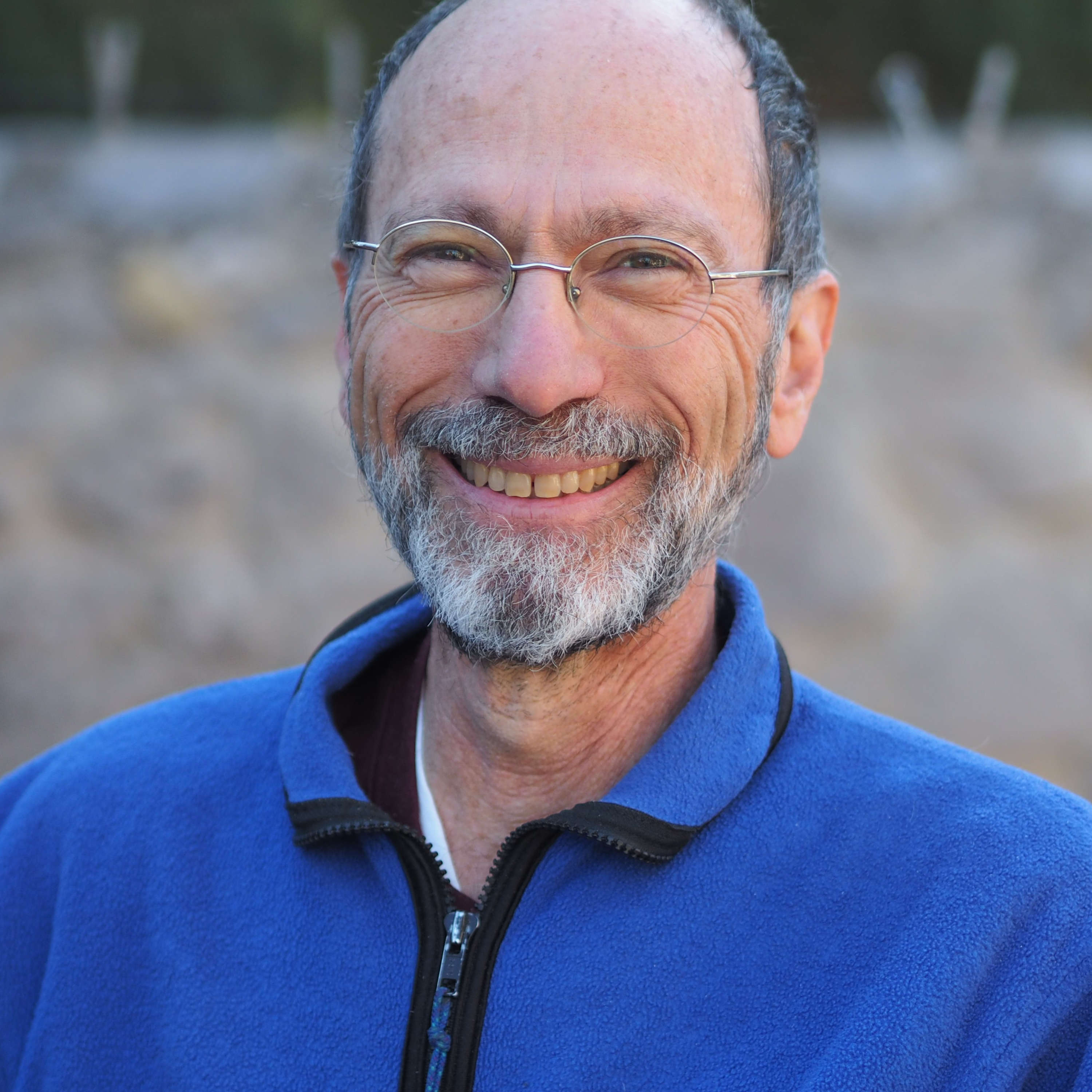- After-Shows
- Alternative
- Animals
- Animation
- Arts
- Astronomy
- Automotive
- Aviation
- Baseball
- Basketball
- Beauty
- Books
- Buddhism
- Business
- Careers
- Chemistry
- Christianity
- Climate
- Comedy
- Commentary
- Courses
- Crafts
- Cricket
- Cryptocurrency
- Culture
- Daily
- Design
- Documentary
- Drama
- Earth
- Education
- Entertainment
- Entrepreneurship
- Family
- Fantasy
- Fashion
- Fiction
- Film
- Fitness
- Food
- Football
- Games
- Garden
- Golf
- Government
- Health
- Hinduism
- History
- Hobbies
- Hockey
- Home
- How-To
- Improv
- Interviews
- Investing
- Islam
- Journals
- Judaism
- Kids
- Language
- Learning
- Leisure
- Life
- Management
- Manga
- Marketing
- Mathematics
- Medicine
- Mental
- Music
- Natural
- Nature
- News
- Non-Profit
- Nutrition
- Parenting
- Performing
- Personal
- Pets
- Philosophy
- Physics
- Places
- Politics
- Relationships
- Religion
- Reviews
- Role-Playing
- Rugby
- Running
- Science
- Self-Improvement
- Sexuality
- Soccer
- Social
- Society
- Spirituality
- Sports
- Stand-Up
- Stories
- Swimming
- TV
- Tabletop
- Technology
- Tennis
- Travel
- True Crime
- Episode-Games
- Visual
- Volleyball
- Weather
- Wilderness
- Wrestling
- Other
#49. How the Brain Processes Pain... and its Relief
Richard Ambron is a Columbia University professor emeritus of cell biology, anatomy, and pathology, specializing in neuroscience research, working in the same lab as Nobel Prize-winning neuroscientist, Eric Kandel. For 25 years, he taught clinical anatomy to medical and dental students and was ten times voted teacher of the year. For forty years he ran a neuro-research lab at Columbia, focusing on the mechanisms of neuronal regeneration and the identification of the molecular signals for pain, which succeeded in patenting a potent and selective drug that targets a key enzyme in certain kinds of chronic pain. He is the author of the recent book, The Brain and Pain: Breakthroughs in Neuroscience.Recorded 1/18/22.

